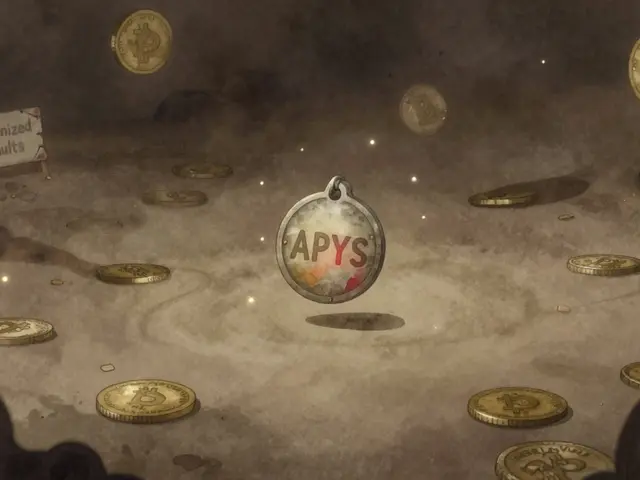Cryptocurrency Ban Overview
When dealing with cryptocurrency ban, a government restriction that stops buying, selling, or mining digital tokens within its jurisdiction. Also known as a crypto prohibition, it shapes market behavior, legal compliance, and tech development. This kind of ban often encompasses a broader regulatory ban, rules that limit crypto services, exchanges, and advertisements, forcing companies to adjust operations or exit the market.
Why Governments Impose Bans and What It Means for Miners
One common trigger is an energy crisis. In Kazakhstan, a severe crypto mining ban, the shutdown of large mining farms to protect the national power grid was introduced after massive electricity losses. The ban requires miners to either relocate or switch to renewable sources, which reshapes the global mining landscape. Similarly, sanctions, political measures that restrict financial flows can drive a cryptocurrency ban as authorities try to prevent capital flight. These actions influence where mining operations can thrive, leading to a ranking of mining‑friendly countries, jurisdictions with low energy costs, clear tax rules, and supportive regulations that attract investors seeking stability.
Understanding the motives behind a cryptocurrency ban helps you gauge risk and spot opportunities. Below you’ll find articles that break down real‑world bans, their economic fallout, and practical steps for traders and miners navigating this shifting terrain.
Myanmar Crypto Account Closure Penalties: What You Need to Know
A detailed guide on Myanmar's strict crypto ban, how the Central Bank shuts down bank accounts, penalties, underground activity, and future CBDC plans.





